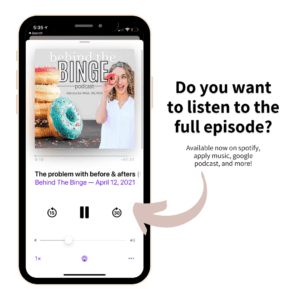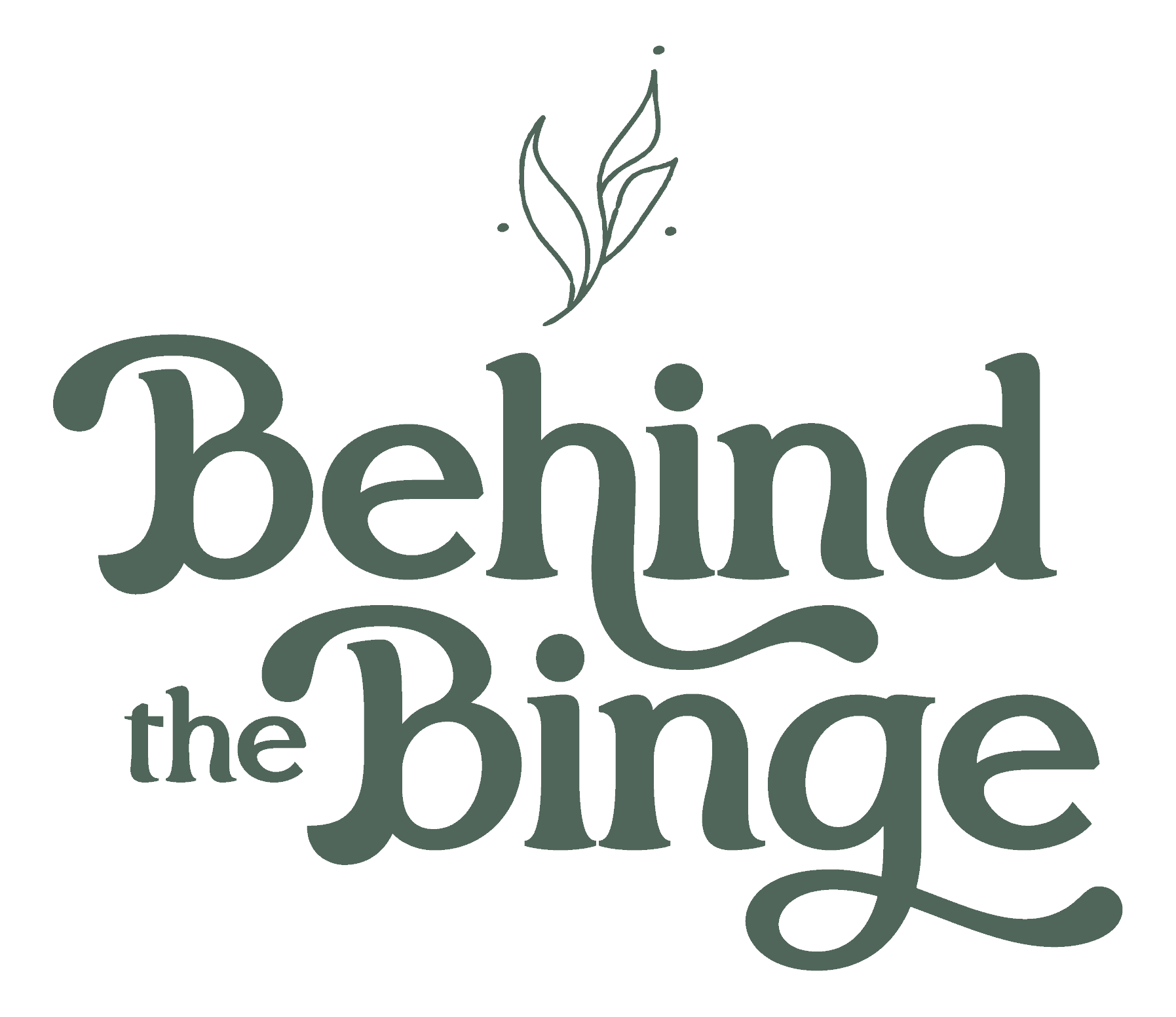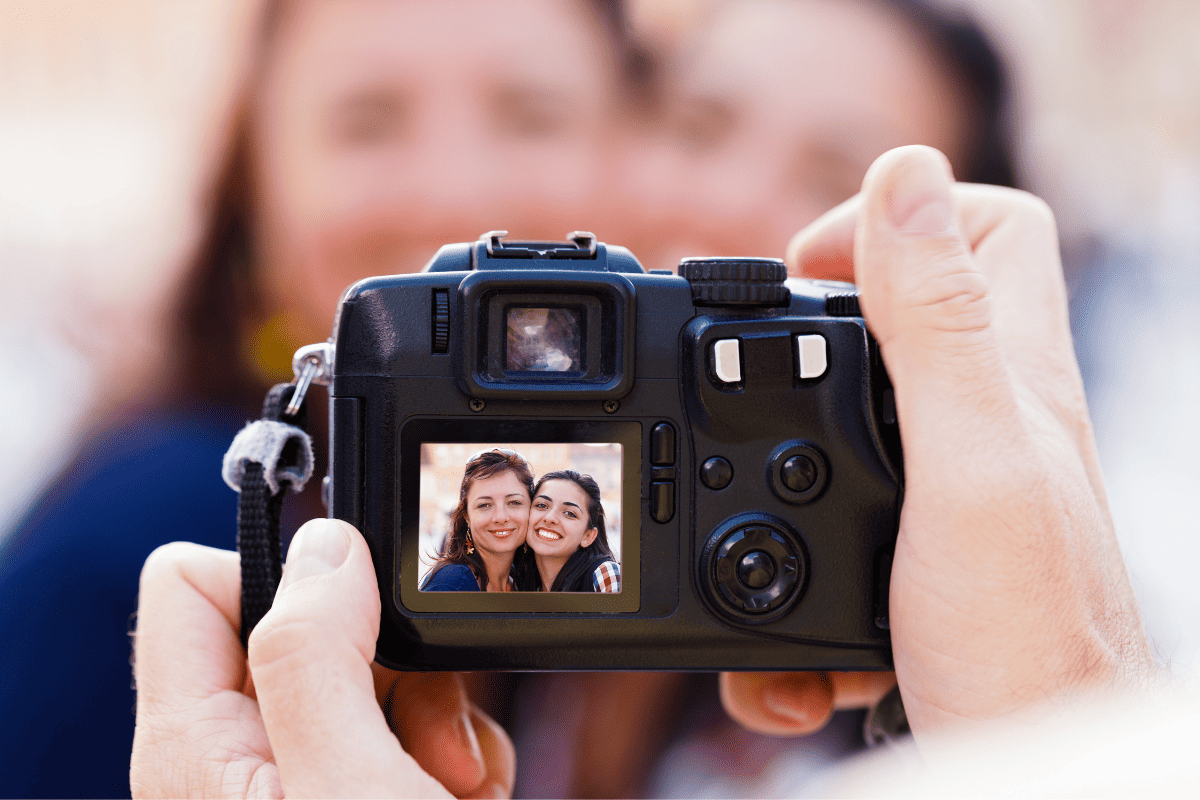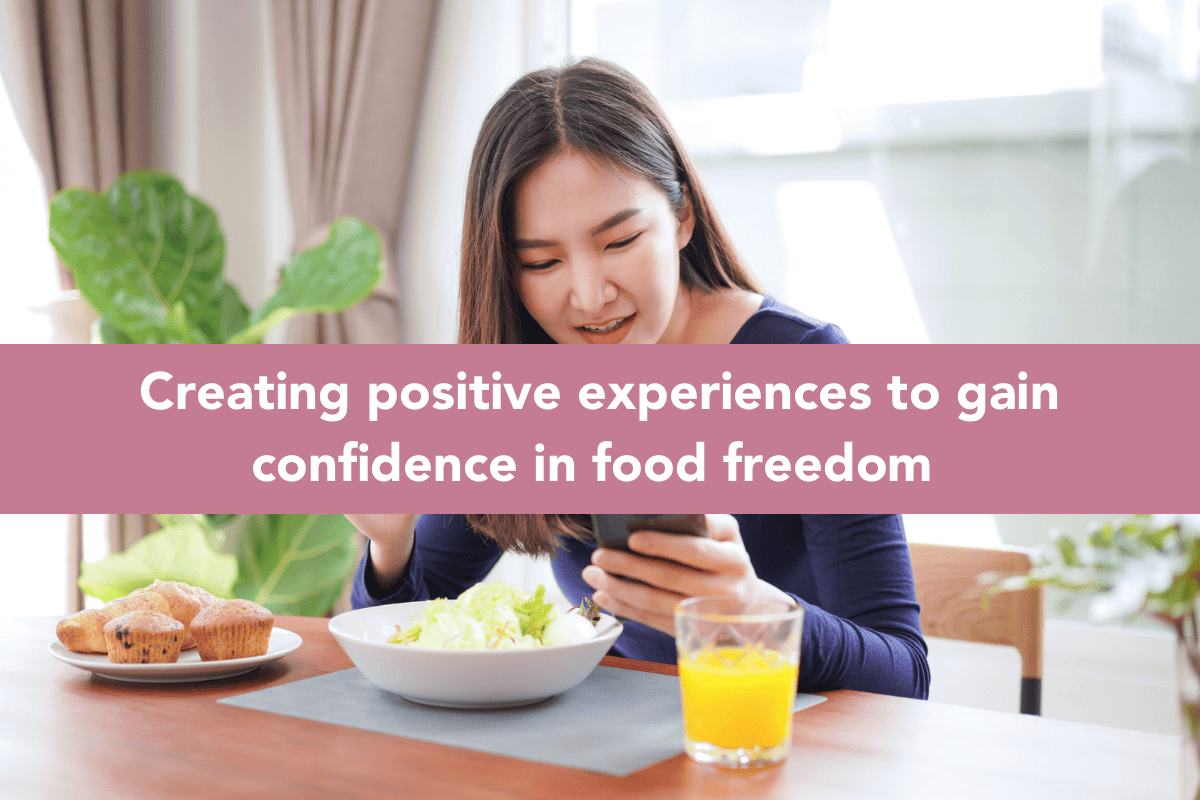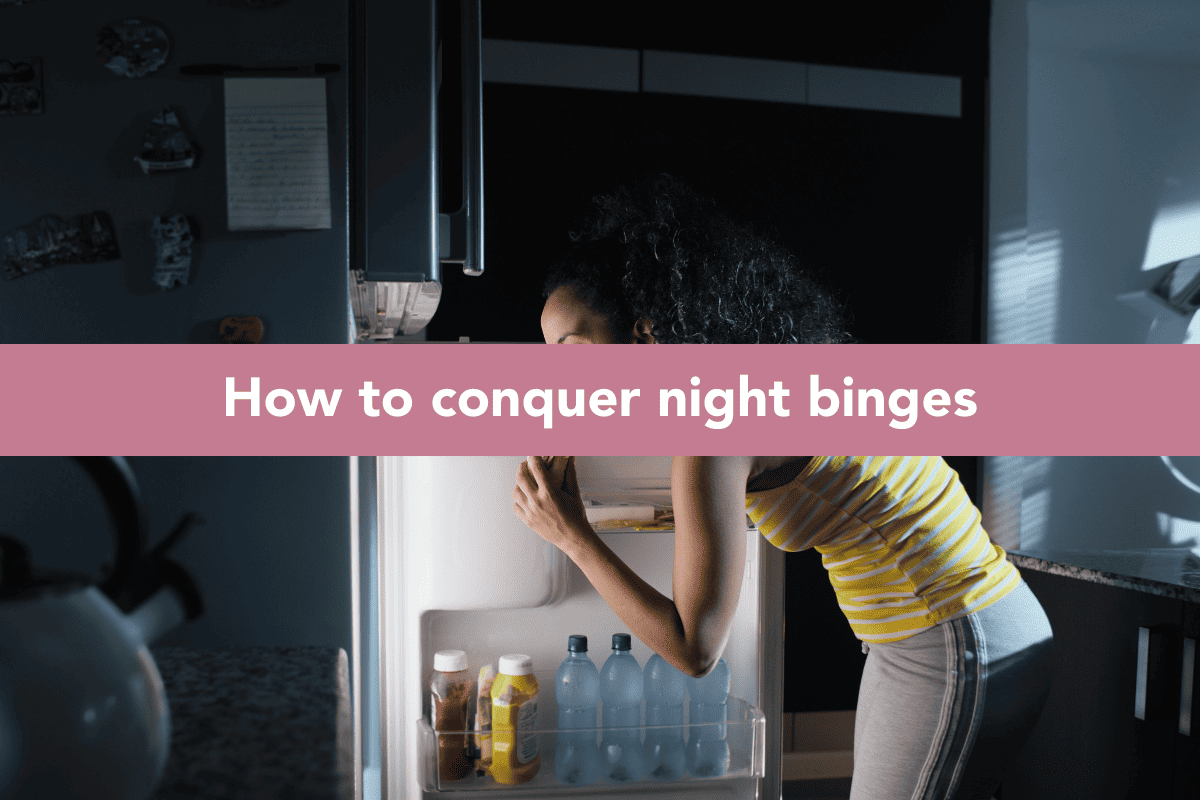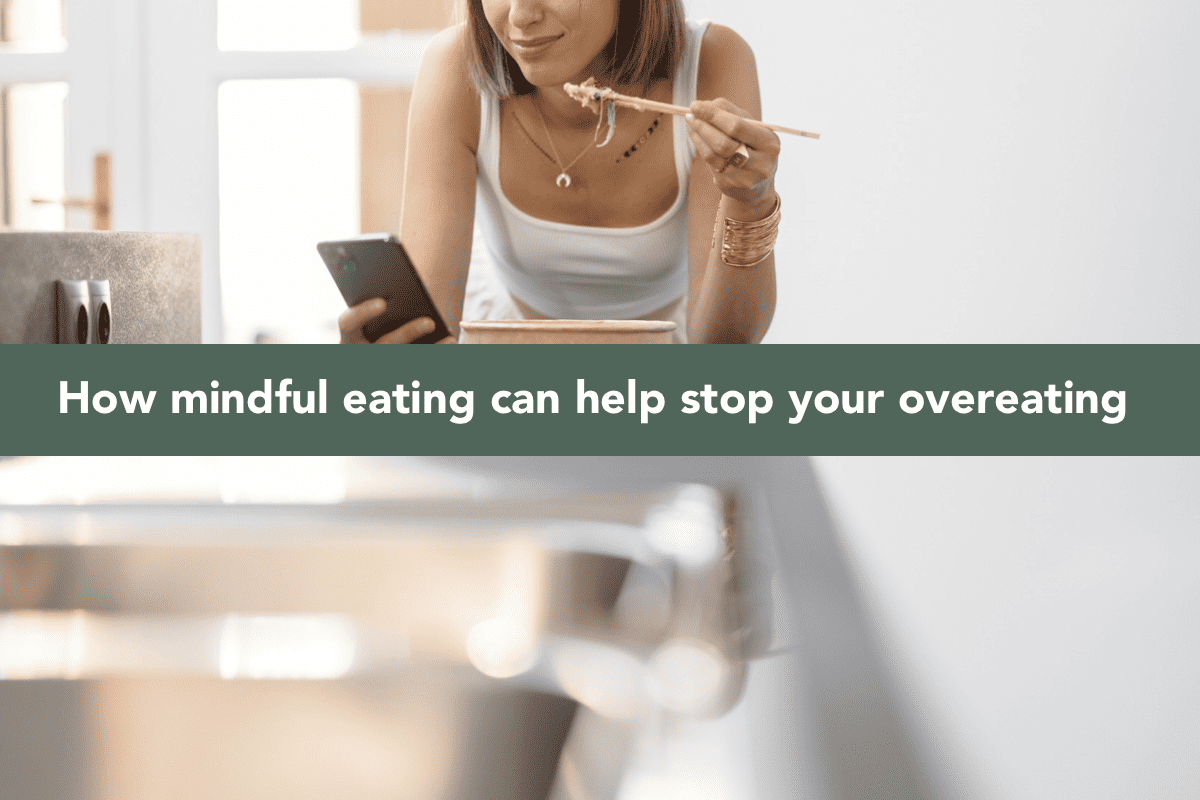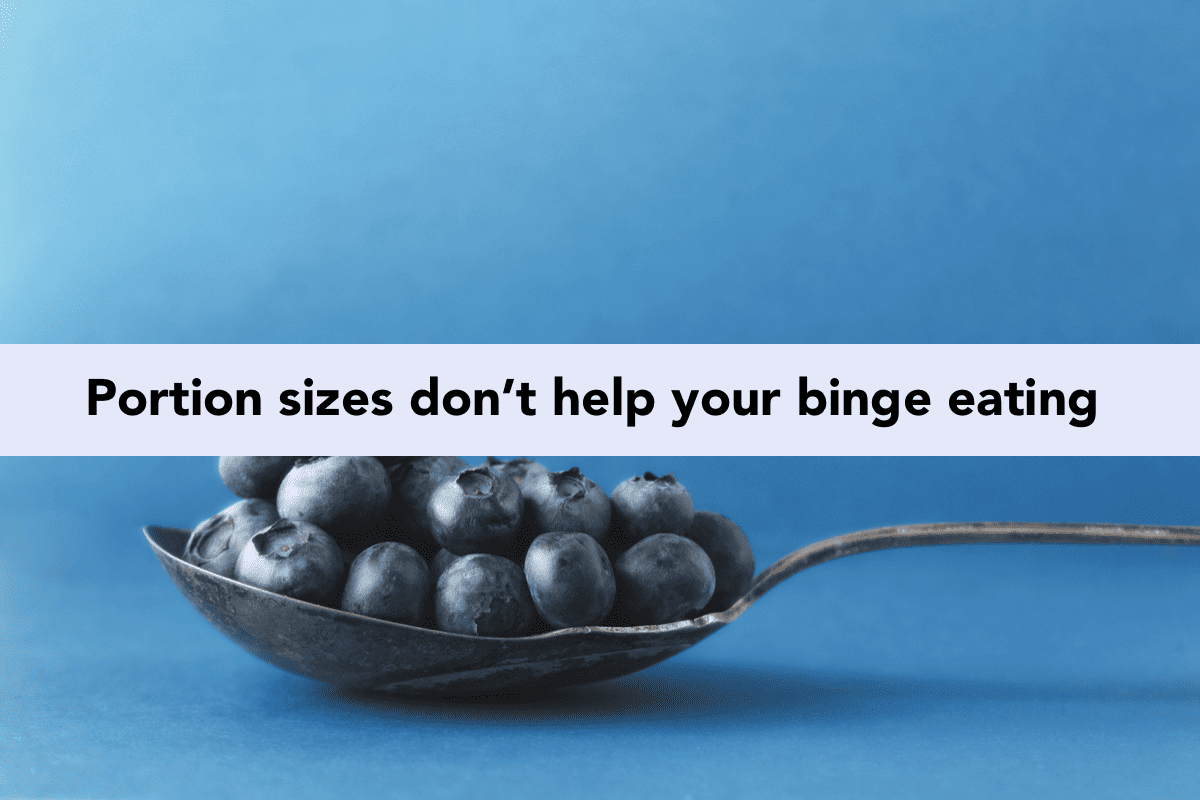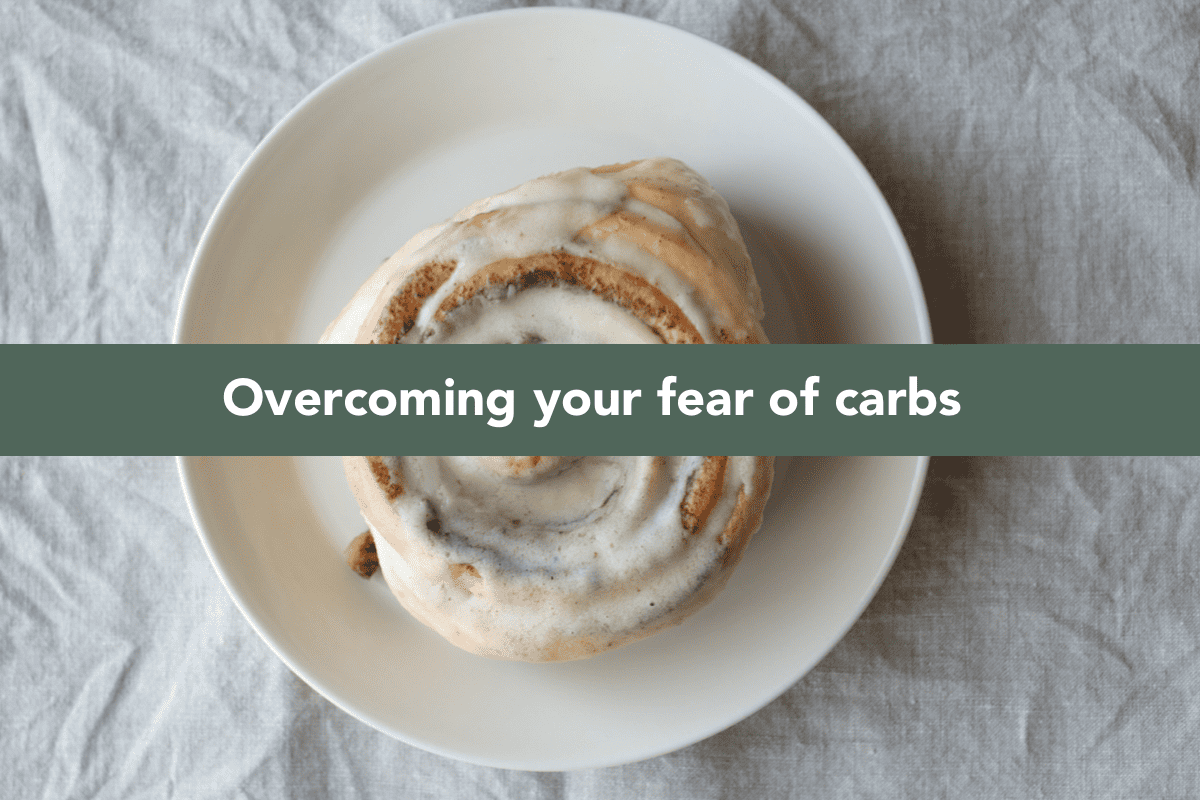Before and after photos are often used as testimonials for health and wellness programs. They somehow are a determiner of a fitness instructor’s credibility. In diet culture (including fitness culture), body image is a valued marker of success, which I don’t understand completely. Why is it “success” if it’s an outcome of disordered eating, something we can’t see happening by looking at a photo?
While the disordered behaviors perpetuated by diet culture can be more obvious to find problematic, the use of “before and after” photos may not seem like that big of a big deal. I mean, what’s the problem if someone just wants to showcase their self-improvements by showing their change in appearance? It may seem novel, but using before and after photos perpetuates body ideals and acceptability that relay a message that there is a “right” and “wrong body.”
If you’re living in a fat body and you see two side-by-side photos of the same person where the one photo looks like you but the thinner body is being praised and congratulated, it sends the message that the before photo, your body, is wrong. And maybe you had already felt like you weren’t accepted in this world because of your body, but now a picture ultimately confirms that fear.
This promotes a one-size-fits-all approach to health and wellbeing, leading many to disordered behaviors or even an eating disorder.
The same way before and after photos have been used to show a health transformation with weight loss, it has become more and more normal to celebrate body acceptance with weight gain in eating disorder recovery. So would this be just as harmful, or is it just about weight loss.It may seem harmless, and I get it! Trying to normalize weight gain is awesome, because there’s nothing wrong with weight gain.
However, not everyone experiences the same things. The before and afters perpetuate an idea of what recovery “looks like.” Some bodies change in recovery, some don’t.
If you’ve left the diet culture world searching for more of a weight-neutral, anti-diet world, it can be really defeating to still be constantly bombarded with these before and after photos even in a new “body acceptance” respect because you are still constantly seeing the thin body praised. You never see a recovery before and after of a bigger body remaining a bigger body, so the transformation photos only normalized weight gain if you looked thin or “sick enough.”
Society states there are conditions to when and why someone may be accepted for gaining weight; you have to fit that mold. Other bodies, more diverse bodies, don’t get that same representation to make you feel like there isn’t anything wrong with you. Many people have a bigger body during and after their eating disorder; there is no “look” to recovery.
Seeing before and after photos creates a comparison trap that sounds like, “I didn’t gain weight, did I recover wrong?” Or if the recovered photo is still a thin body, “What the heck? I’m still in a large body. Why can’t I fit that mold that you fit? Is it not ok that I am still bigger?” Before and after photos are painting a narrative that there is a wrong and a right body.
I’m guilty of this. When I celebrated national eating disorder awareness week in I think 2016, I posted a before and after of me when I was thinner and then me after I had gained some weight. But yes, I am still in a straight size body, and I never understood the harm that I may have contributed by showing my straight-sized, socially acceptable body as an “after.” These photos can’t be translated as a “look” of recovery across all populations. Recovery is honestly not about the body. It’s about so much more than that.
More Productive and Inclusive Ways of Celebrating Your Weight Gain and Recovery Without Before and After Photos
- If you are in recovery right now, you don’t have to post anything. You can just be doing the work. It’s your journey, so I first wanted to add that you don’t have to post now or ever. You don’t need that validation from everyone else.
- But if you do want to just post on social media as a celebration of who you are after a transformational time in your life of self-improvement, you absolutely can WITHOUT it being about your body!
- You can just be in your body. You don’t have to explain yourself to anyone. You don’t need to make justifications for your weight changes. If you feel you need that justification from others, that’s a conversation for your dietitian or therapist.
- It’s still just as powerful when you see someone talk about their body and what they’ve gone through. Share your story, or just share your experiences without food or your body holding you back. Share how you feel. Share what makes it all worth it! It can be as simple as a photo or video of you enjoying some ice cream, having a pizza in Italy, and cheering drinks with your friends. Celebrate those highlights of your life with food freedom.
- You don’t need to justify your recovery by showing some outside transformation because so much of it is happening internally. Your story is your story. And you can share as much of it as you want or as little as you want. You don’t have to apologize for your body. You don’t have to explain your body.
You can just be in your body.
Adapted from Behind The Binge Podcast episode #6, The problem with before & afters, with Bethany Konaszczuk, RDN.
Review and Edited by Kaitlyn Allen MS, MEd, MS, RD.
Do you want to listen to the full episode on Behind the Binge? Click here!
